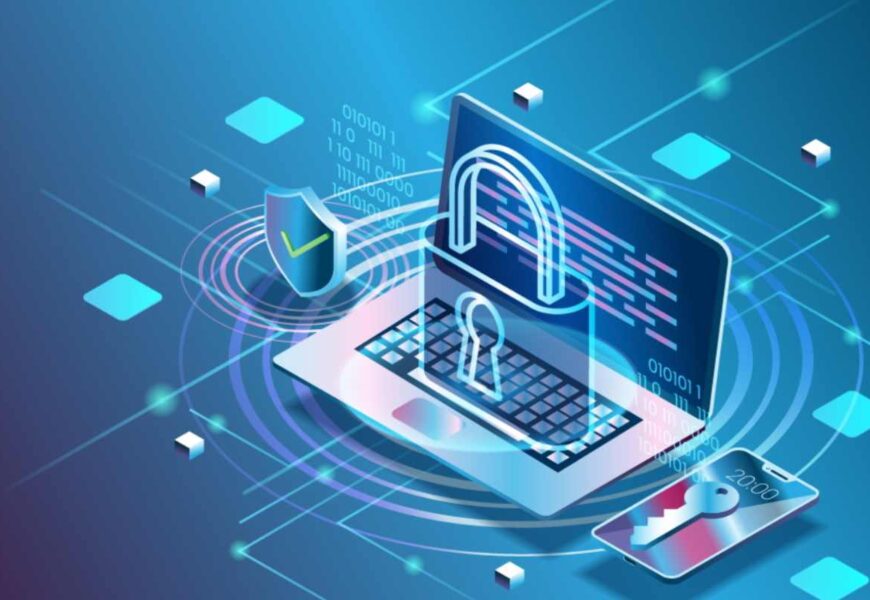In the present-day digital environment, securing delicate client information is of utmost importance to organizations in the healthcare, social services, legal aid, and education sectors. These organizations are increasingly counting on digital, web-based tools for serving their clients and keeping records. Yet, as they do so, they expose themselves and their stakeholders to an array of dangers, including data breaches caused by hackers or viruses, as well as unauthorized access by disgruntled former employees or other parties.
Robust case management software offers more than just operational efficiency; it serves as an environment where data is stored, shared, and accessed under strict security measures. Organizations that use software comply with the required security measures set by regulators and government agencies. They are secure, and because they are secure, the organizations can maintain the trust of their clients. And that is becoming a necessity in this era of intense scrutiny.
Encryption and Secure Access Controls
A cornerstone of data security in case management platforms is encryption. Leading systems encrypt data both in transit and at rest, ensuring that any intercepted information remains unreadable to unauthorized parties.
Secure access controls, including multi-factor authentication and role-based permissions, restrict access to sensitive data based on user roles. This limits the possibility of internal misuse while maintaining necessary access for authorized personnel.
Audit Trails and User Activity Monitoring
Audit trails and activity logs embedded in the software enhance transparency and accountability. These features tell you who accessed, modified, or shared client data, and when. They also do an excellent job of monitoring user activity in a way that’s acceptable under local and federal laws. And by regularly monitoring user activity, it deters malicious actors from accessing the software.
Compliance with Legal and Regulatory Standards
Compliance is foremost in the design of solid case management software. These platforms are replete with features that address adherence to standards like HIPAA, GDPR, CJIS, and other variants that pertain to specific sectors. The platforms possess settings that can be customized to reflect the baseline standard of rules that a given organization abides by. Thus, they help users stay compliant and secure.
Secure Data Storage and Backup
Data security is also reliant on where and how information is stored. The latest software used for case management stores information in a secure, cloud-based environment. These cloud servers are stored in a number of secure locations, and automated backups are done on a regular basis.
If something goes wrong and the primary copy of the information is rendered useless, the backup ensures a second chance for both the software and the information to continue functioning and serving.
Case Management Software Provides Organizations and Clients Peace of Mind Concerning Their Data
Guaranteeing the security and privacy of data is non-negotiable for organizations dealing with sensitive client information. Case management platforms do more than just organize their work; the best tools provide an infrastructure for maintaining client confidentiality while complying with a myriad of state, federal, and international regulations.
They use systems that prioritize encryption, user control, and secure storage, providing a high level of compliance with the necessary regulations.

